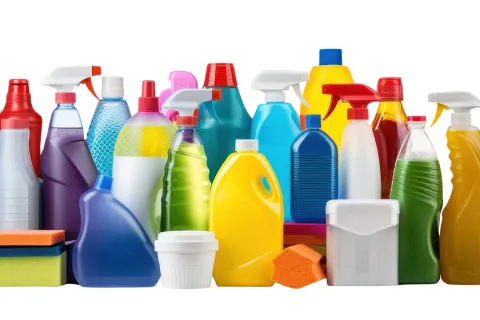
Skincare has been a vital element of human routine for ages and consumers have been trailing behind the beauty of perfect skin and so have the companies. The use of various chemical agents to maintain skin health can sometimes be toxic to the skin. Therefore, it is the prime responsibility of the companies to manufacture and bring innovative products, keeping in mind the skin health factors and market/supply products according to the local Health Authority regulations.
Skin problems arise as a result of various reasons ranging from biological responses to climate change to adverse effects associated with personal care products. Among all, skin problems due to the use of cosmetic/personal care products such as skin rashes or allergies can be controlled by the manufacturer with a better choice of chemicals. Chemicals such as Mercury, one of the toxic elements, were previously used as an ingredient for skin lighting without being subjected to any limit. Later, WHO recognized this element as harmful, because can cause skin rashes or scars as it reduces the protective layer of melanin, and rigorous use of this element can cause endocrine disruption, infertility or miscarriage.
Many such chemical elements around us are used as skin lightening agents, such as hydroquinone, which can be used less than 2%. If used more than the threshold, it can cause hypopigmentation, hyperpigmentation or skin cancer patches. Beauty products are intended to be used by all genders and various incremental innovations have been made in the cosmetic industry. For instance, there has been news that a few clinics in the Philippines used Glutathione injections and drips for lightening the skin tone of men, but in 2019, the Philippines Food and Drug Authority (PFDA) has warned the public to stop using such elements as it may cause toxic effects to the liver, kidneys and the nervous system. It may also cause severe damage to melanin.
To remain in sync with the demand, companies must revamp the entire R&D with innovation and replace the elements harmful to wellbeing. Sometimes the health agencies learn the side effects when tested on a larger crowd. Appropriate knowledge of the regulations before manufacturing the product can impact the entire value chain. Regulatory Professionals with a proven track record who are well aware of the Regulatory obligations and safety concerns associated with the chemicals can help you deliver safe and compliant products to the market. Get in touch with Freyr for support.









